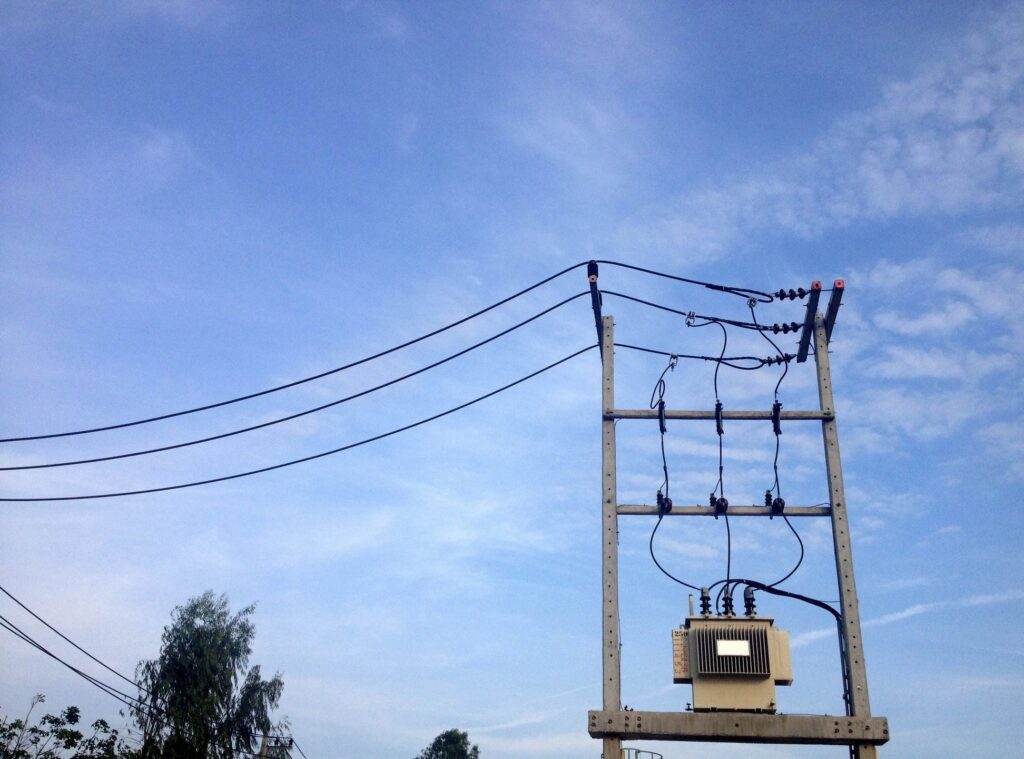
ATLANTA – Georgia utility regulators Tuesday approved an offer by electric membership cooperatives (EMCs) to provide steep discounts to telecom providers that expand broadband service into rural areas of the state unserved by broadband.
But a resolution the state Public Service Commission (PSC) adopted unanimously also will increase fees the EMCs are allowed to charge providers for attaching broadband technology to utility poles in areas already served by broadband.
Tuesday’s unanimous vote follows through on legislation the General Assembly passed last June assigning the PSC to set pole attachment rates for the EMCs. The purpose of House Bill 244 is to encourage the extension of broadband into parts of rural Georgia on the wrong side of the “digital divide,” making it difficult to attract jobs and – in the coronavirus era – offer online classes to students stuck at home.
Under the resolution, EMCs will charge telecom providers just $1 per year for new pole attachments in areas without broadband service for the next six years, effective July 1. The EMCs proposed the “One Buck Deal” in October.
“With today’s vote, the Georgia PSC is giving broadband providers access to utility infrastructure at a cost of next-to-nothing in the locations where Georgia needs broadband the most,” said Dennis Chastain, president and CEO of Georgia EMC, the trade association that represents the state’s 41 EMCs. “With today’s decision, EMCs are poised and ready to partner with broadband providers across the state to help them expand into our rural service territories.”
But telecom providers cried foul at another provision in the resolution that will force them to pay $27.71 per pole per year for broadband attachments in areas already served by broadband. That’s less than a fee of $34.72 proposed at the beginning of Tuesday’s PSC meeting by Commissioner Tim Echols but more than the $20 per pole providers now pay on average.
In a written statement, the Georgia Cable Association argued that raising the rates for pole attachments in served areas of Georgia would go against the intent of House Bill 244 to expand broadband availability in rural communities.
“Failing to set reasonable pole attachment rates, terms and conditions will increase the overall cost of broadband deployment, and discourage tens of millions of dollars in private investment,” the statement read. “That’s a disappointment for every Georgia community that needs access to broadband.”
The cable association went on to raise the possibility that telecom providers will react to the PSC vote by taking their broadband investments to other Southern states with “more attractive pole attachment policies.”
Commissioner Tricia Pridemore, who amended Echols’ original motion to propose the $27.71 rate, said it is based on the cost to the EMCs of attaching and maintaining broadband attachments to their poles.
Commission Chairman Chuck Eaton also amended Echols’ original motion to require the PSC to review the rates every two years to determine whether they’re accomplishing the goal of expanding broadband service in rural Georgia.
“The General Assembly did charge us with this,” Eaton said. “I need to be able to look them in the eye and tell them what we’ve done will expand rural broadband.”
Commissioner Jason Shaw, who represents largely rural South Georgia on the PSC, said the issue is personal for him.
“As someone who lives in unserved rural Georgia … I see, first hand, children who must travel long distances to find sufficient WiFi just to finish their homework,” he said. “I hope providers will take advantage of this $1 deal to push broadband into rural areas.”
